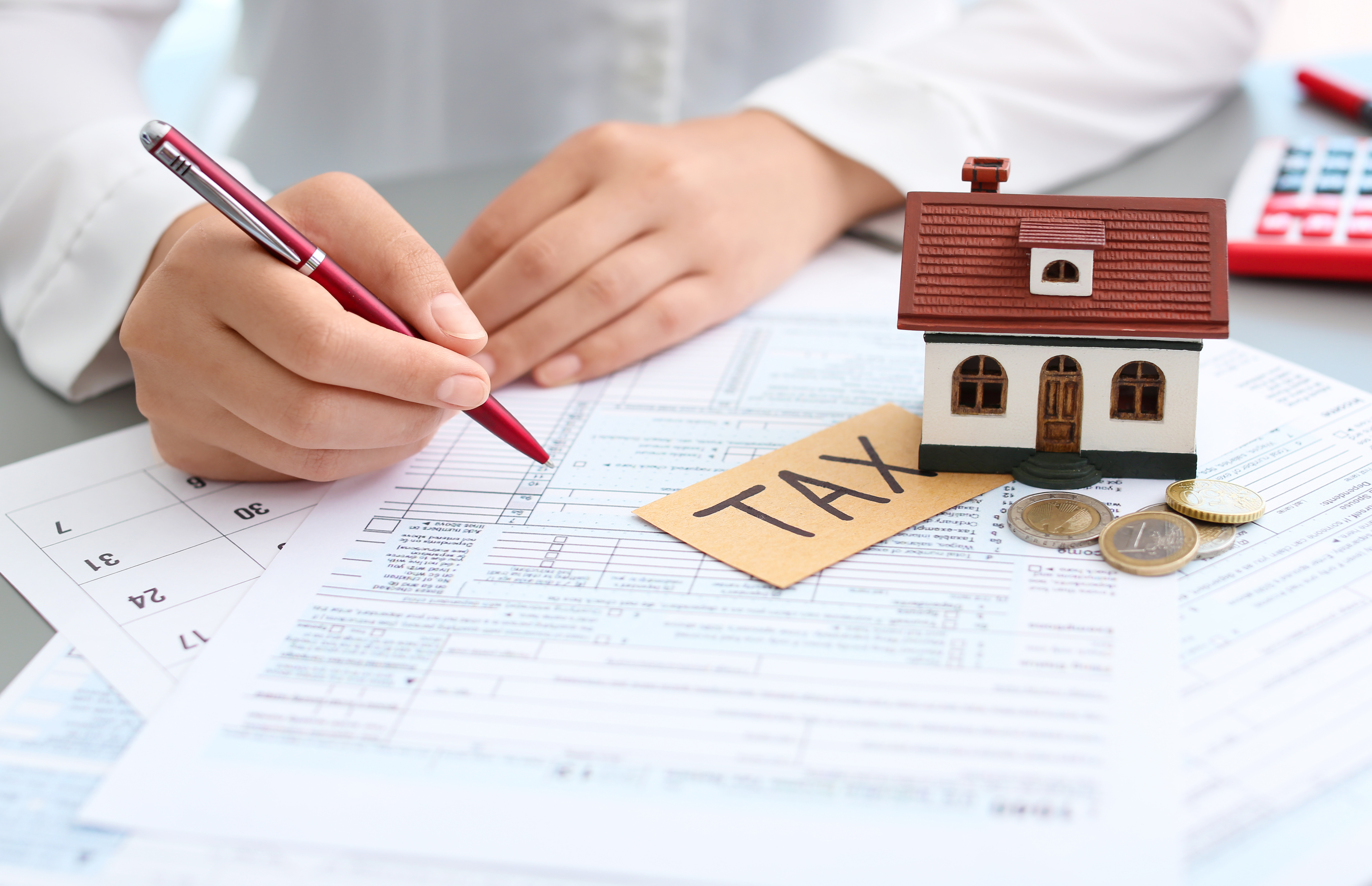Property tax is a tax levied on the ownership of property, such as land, buildings, and other real estate. It is one of the most common types of taxes collected by local governments, and it is used to fund a variety of public services, such as schools, libraries, roads, and parks.
How is property tax calculated?
Property tax is calculated based on the assessed value of the property. The assessed value is an estimate of the fair market value of the property, and it is determined by the local government. In some jurisdictions, the assessed value is updated every year, while in others it is updated less frequently.
Once the assessed value of the property has been determined, the tax rate is applied to calculate the amount of tax owed. The tax rate varies from jurisdiction to jurisdiction, but it is typically between 1% and 3% of the assessed value.
Who pays property tax?
Property tax is typically paid by the owner of the property. However, there are some cases where the tenant may be responsible for paying the property tax. For example, if a tenant leases a commercial property, they may be required to pay the property tax as part of their lease agreement.
When is property tax due?
Property tax is typically due twice a year, in the spring and fall. However, the due dates vary from jurisdiction to jurisdiction. It is important to check with your local government to find out when your property tax is due.
What happens if I don’t pay my property tax?
If you do not pay your property tax on time, you may be subject to penalties and interest charges. In some cases, the government may even foreclose on your property.
How can I reduce my property tax bill?
There are a few things you can do to reduce your property tax bill:
- File a homestead exemption: If you own and occupy your home as your primary residence, you may be eligible for a homestead exemption. A homestead exemption reduces the assessed value of your home, which can lower your property tax bill.
- Appeal the assessed value of your property: If you believe that the assessed value of your property is too high, you can appeal it. You will need to provide evidence to support your claim, such as recent appraisals or comparable sales data.
- Make energy-efficient improvements to your home: Some jurisdictions offer property tax breaks for homeowners who make energy-efficient improvements to their homes. This can include things like installing solar panels or insulation.
Conclusion
Property tax is an important source of revenue for local governments. It is used to fund a variety of public services that benefit all residents. If you own property, it is important to understand your property tax obligations and to take steps to reduce your property tax bill if possible.

